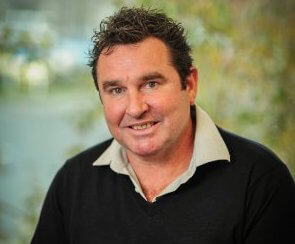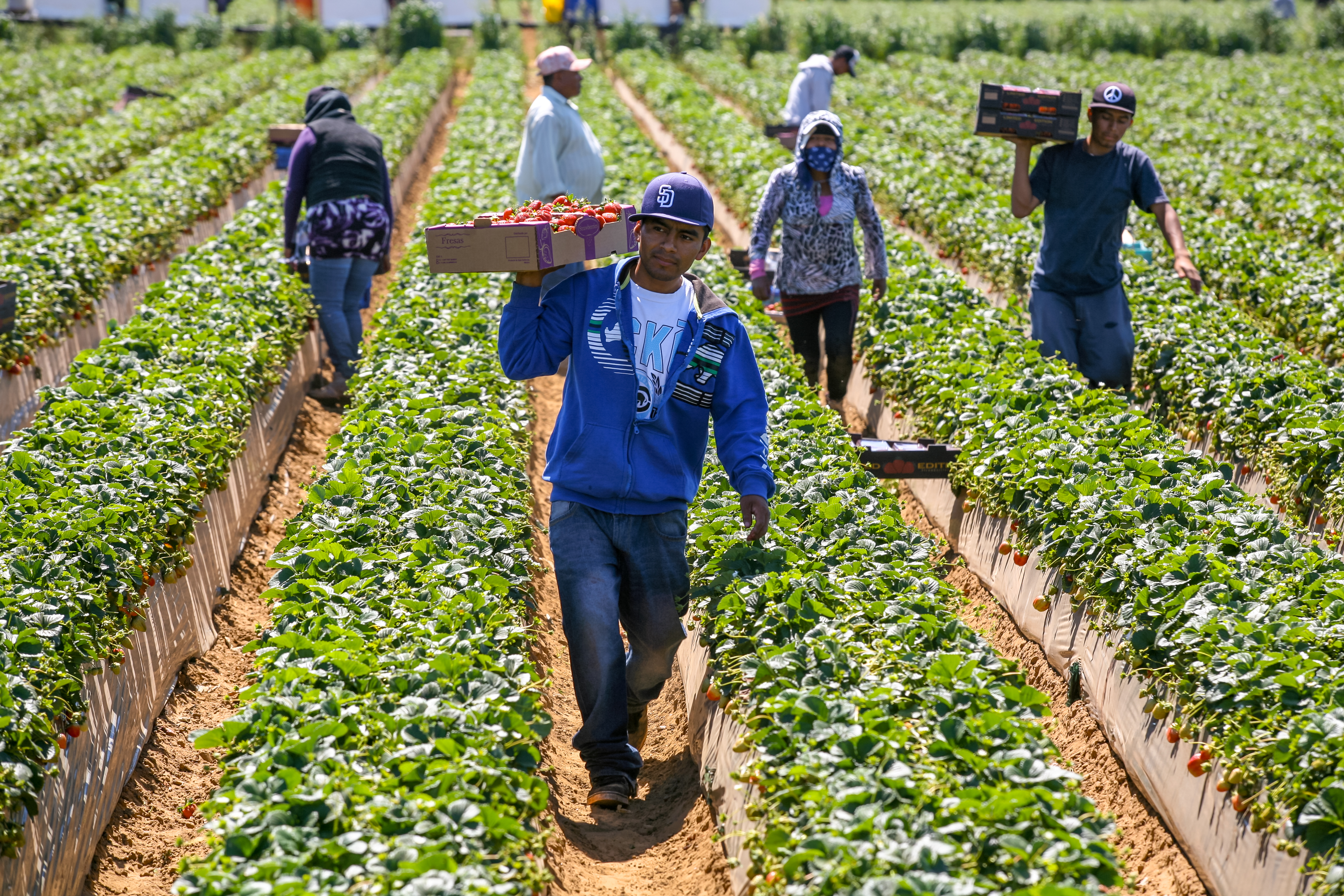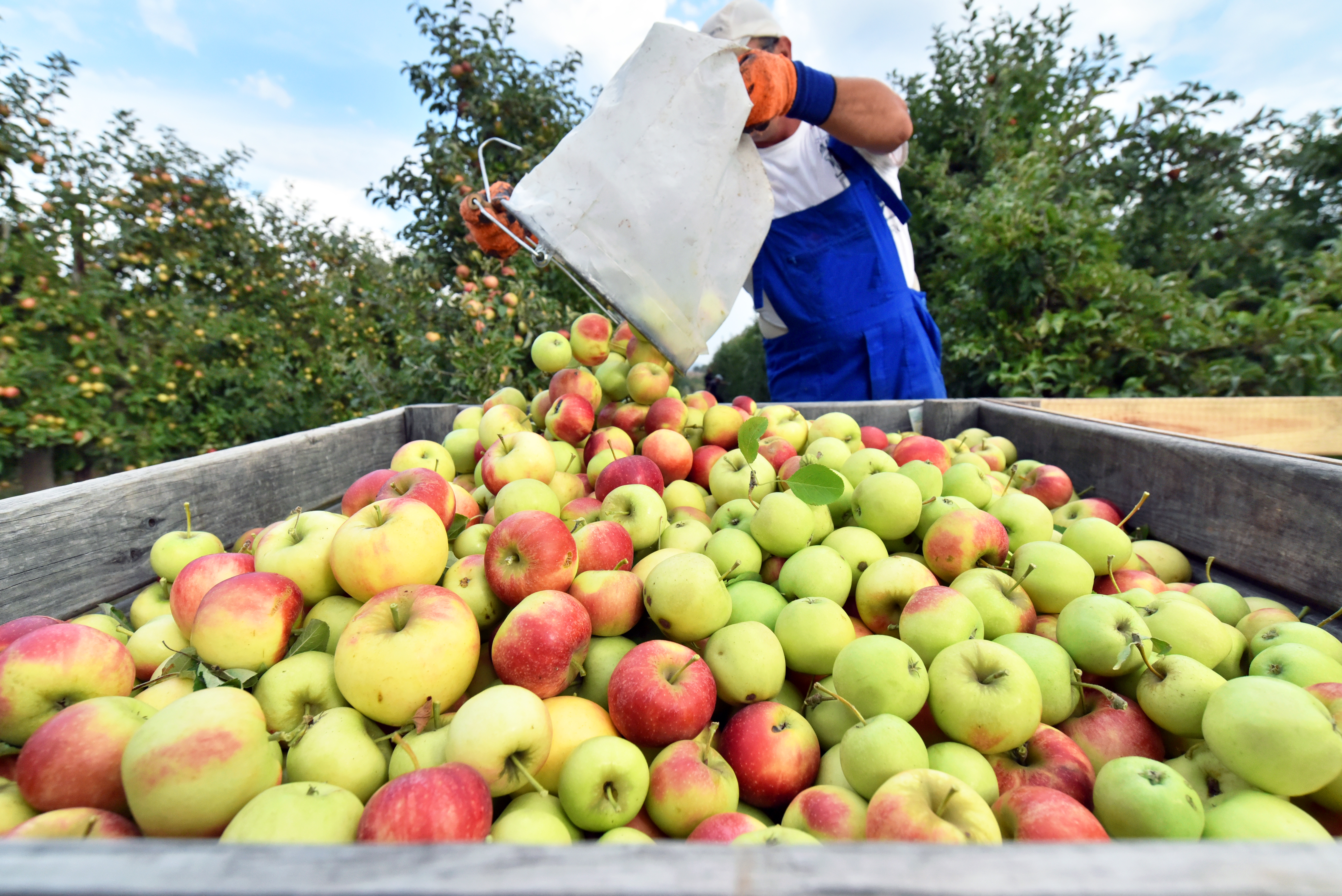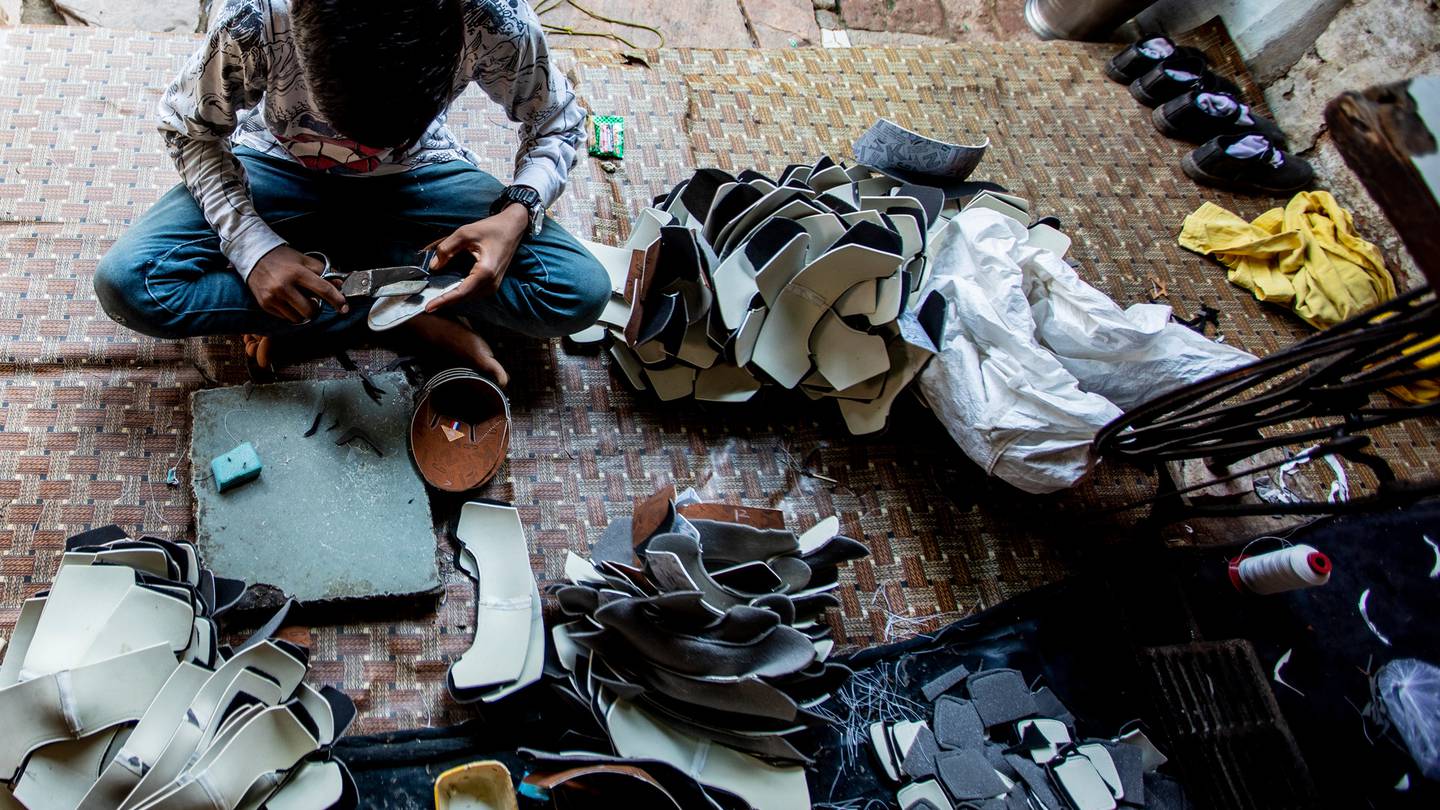Table of contents
Recommended for you

Worker voices essential for integrity of RSE scheme
In this second in a series of blogs on how transparency is the greatest shield in being an ethical employer, our Chief Executive Chris O’Reilly talks about recent examples of alleged exploitation and how the horticulture sector can stand together to stamp it out.
News reports this week that migrant horticulture workers were being housed six to a room, charged $150 a week to sleep in freezing and damp conditions, and then being refused to be paid for sick leave makes for dismal reading.
It would be easy to believe that this kind of exploitation is rampant across the Recognised Seasonal Employer (RSE) programme. But we know New Zealand as a nation is better than that, and we’re helping a large number of businesses in the horticulture sector, prove it. With chronic labour shortages, and Pacific Island nations calling for a review of the RSE scheme, the sector needs to act as one - and fast – to ensure its integrity is maintained.
With more and more focus from our Pacific Island neighbours on ensuring their people are free from exploitation, to compete with the likes of Australia, we need to provide them with confidence and assurance that their people are being looked after. There is also a critical need to secure labour certainty for the entire sector which saw over a $100 million worth of apples not picked this year and future investments put on hold.
It was back in 2019, AskYourTeam was commissioned by NZ Apples and Pears, and a handful of innovative employers representing about 2500 – 3000 workers in Hawkes Bay to come together and co-design a survey to be run across RSE, seasonal, and kiwi workers.
Most recently our Ethical VOICE: Worker Wellbeing Due Diligence Platform (DDP) has been used by another 21 businesses in the sector. As great employers, they saw the need to jump on board and get ahead of the curve because they wanted to demonstrate excellence and differentiate themselves from the other businesses that weren’t asking – or looking.
The key difference here was it was not just a small sample of the workforce – but giving every worker an equal right to provide their feedback on their experience working in the business in a safe anonymous way.
The due diligence process they undertook started with an anonymous survey run across their RSE and other workers. The key difference here was it was not just a small sample of the workforce – but giving every worker an equal right to provide their feedback on their experience working in the business in a safe anonymous way. The more honest feedback you get, the better you know!
Employers appreciated that knowing there were issues would give them the opportunity to address them. While many will be fairly minor and much feedback was on ways to improve their business, they were open to the fact that there could be some which were concerning but knowing about them meant they could be addressed urgently.
In the new world of due diligence, compliance and tick boxing will not be enough.
The benefits to the businesses are clear:
- Risk management. They’re asking. Monitoring. Responding.
- Ability to improve business performance by addressing areas of concern that are raised.
- Genuine data from their people in their workforce, proving they’re ethical employers, to set them apart.
- Data to prove it to customers, their communities, auditors, the media, the labour inspectorate, and anyone else that cares to know.
- The ability to use the information to attract and grow their customer base because they have the proof to say, ‘We’re ethical employers – and here’s what our workforce say about their rights and their wellbeing’.
- And because they’re actively asking about worker wellbeing regularly, and acting where they need to, they have a healthy, happy, engaged workforce AND an employer brand that will help them retain and attract new staff.
The New Zealand horticultural sector is already leading the way in terms of ensuring worker wellbeing and sector-wide multi-year use of the DDP would be a natural next step in the evolution of ensuring everyone’s overarching goal of worker wellbeing is achieved. We’ve written to Minister of Immigration and Workplace Relations and Safety Michael Wood to tell him exactly that. As a country, we can’t afford not to. After all, our labour supply and industries depend on it.










